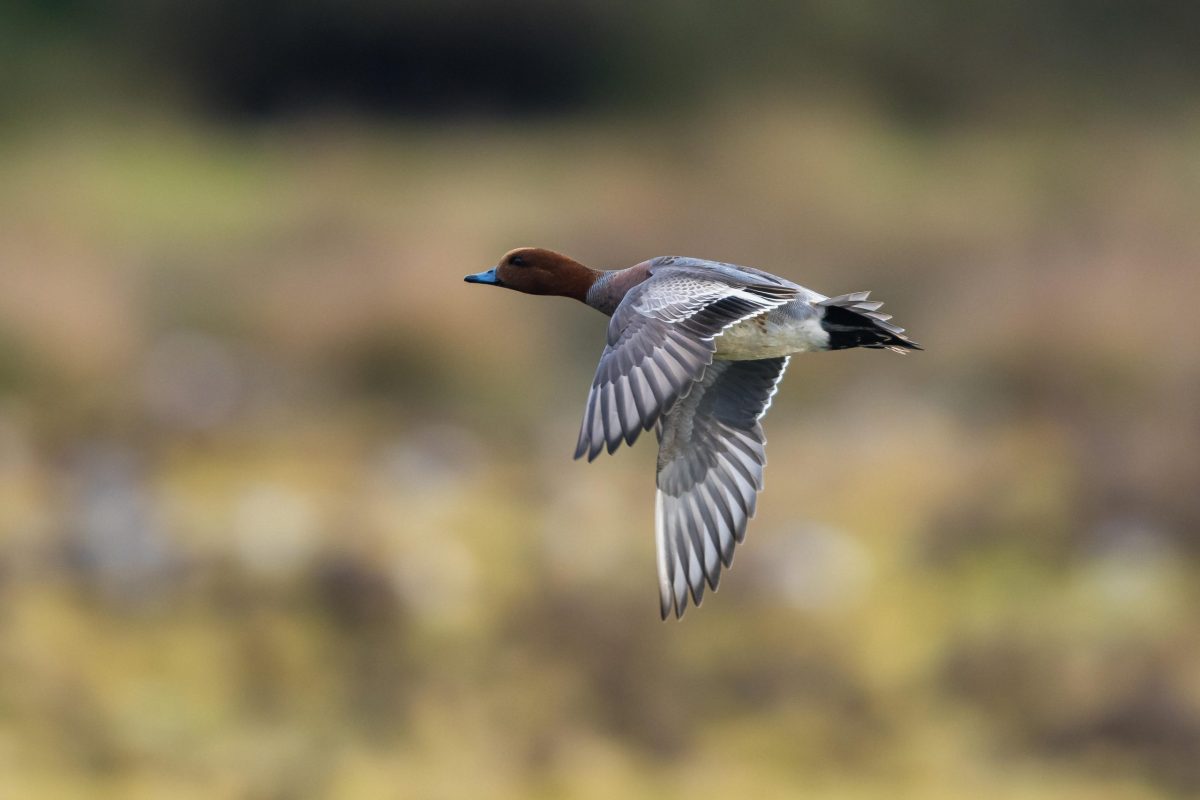Migrant arrivals begin with pinks and wigeon spotted over Western Isles
Large skeins of pink footed geese have begun arriving as autumn begins, however both the birds and the fowlers that hunt them have an uncertain season ahead of them.

Wildfowlers and bird watchers in Scotland’s northwest are reporting the arrival of the first real skeins of Icelandic pink footed geese. Small numbers of pink foots have been noted in northeastern Scotland since the midsummer.
However the first big arrivals of the birds have now definitely begun with large skeins observed coming in from the Atlantic Ocean and crossing the Islands of Barra and South Uist. Visiting wildfowlers, who were hunting the Islands’ huge resident greylag population, contacted Shooting Times to say they had spotted the skeins passing over and heard the distinctive ‘wink wink’ call of pink foots.
Within days, reports were coming in of the birds reaching as far south as the Humber estuary and even down to Norfolk. Large flocks of wigeon have also been reported as coming in land from the north and west, suggesting they too are taking to the wing as the weather turns colder. A recent scientific study found that the harvesting of Icelandic pink footed geese by British hunters was sustainable.
However both the birds and the wildfowling season face a challenge from bird flu. The disease, which is introduced by birds migrating from the east, hit the Svalbard Barnacle goose population, which winters on the Solway coast, extremely hard last winter possibly reducing its numbers by up to one third. Geese and ducks are particularly vulnerable to bird flu and a large scale outbreak among the quarry geese species is a real threat.
Wildfowler John Tote who shoots on the Solway told Shooting Times: “Last season’s outbreak gave us all an idea of how serious an outbreak can be and also prepared us in terms of biosecurity and protecting ourselves from the disease, we all know that this winter could see a repeat or could see something much worse.”








